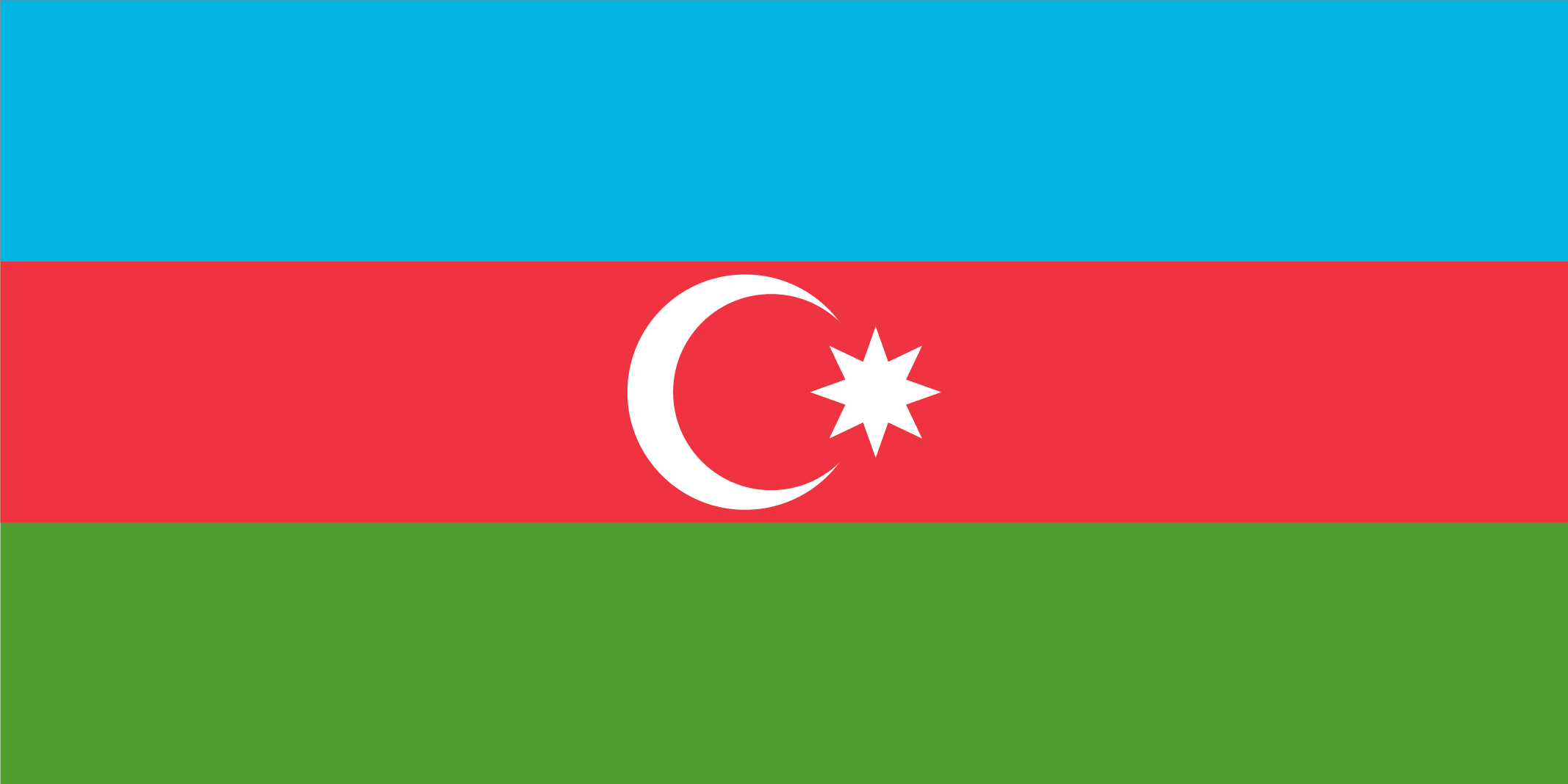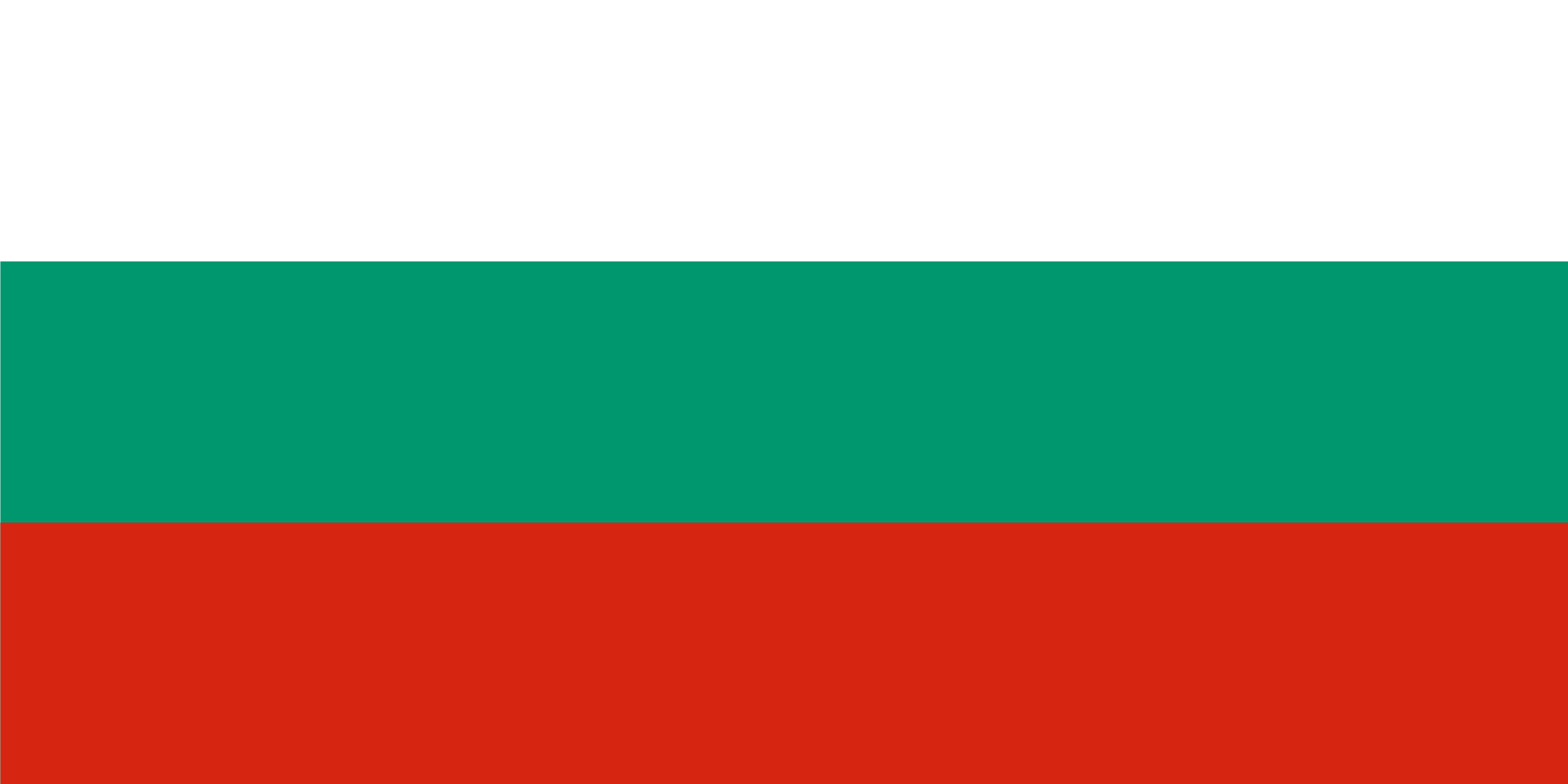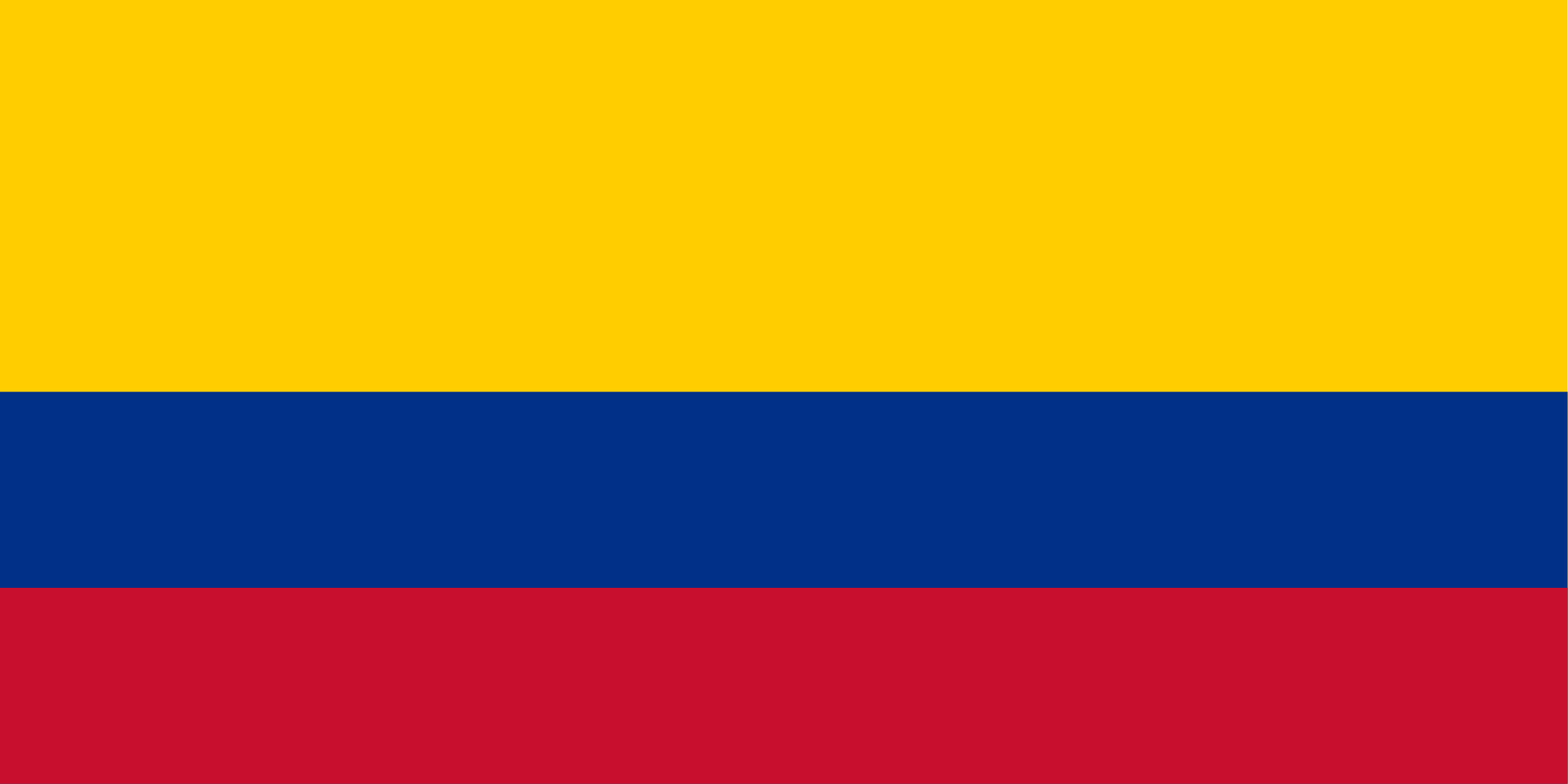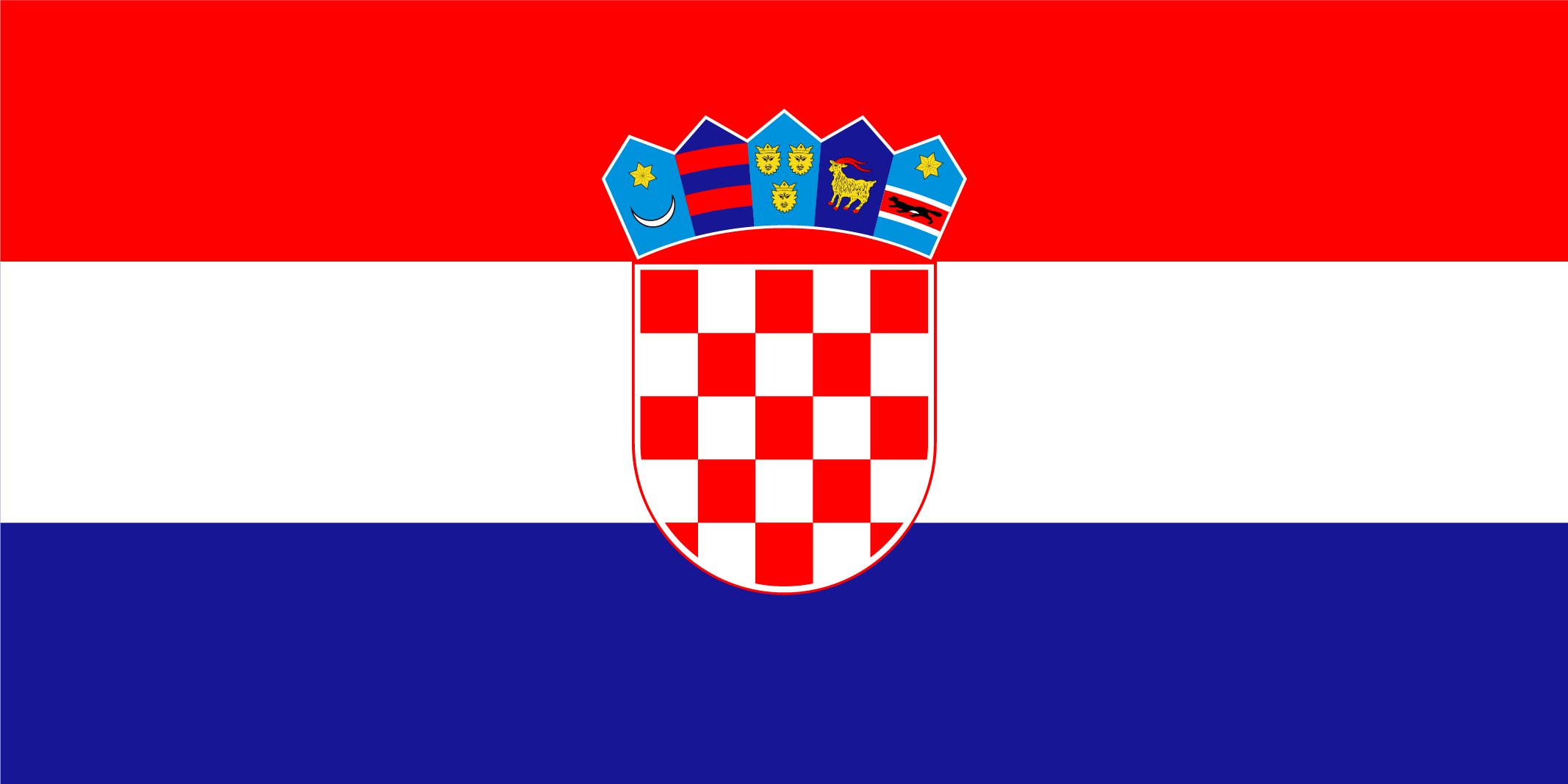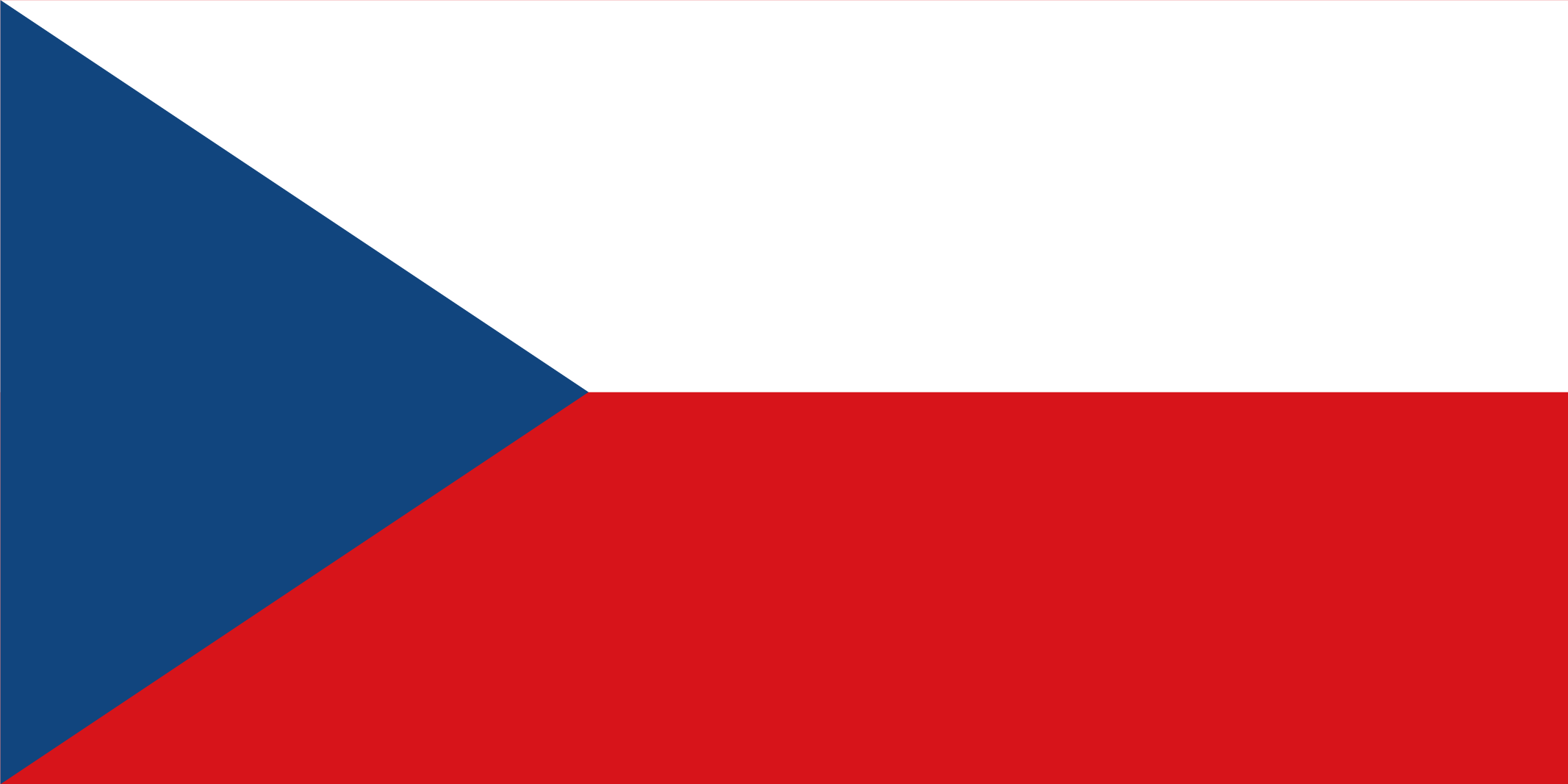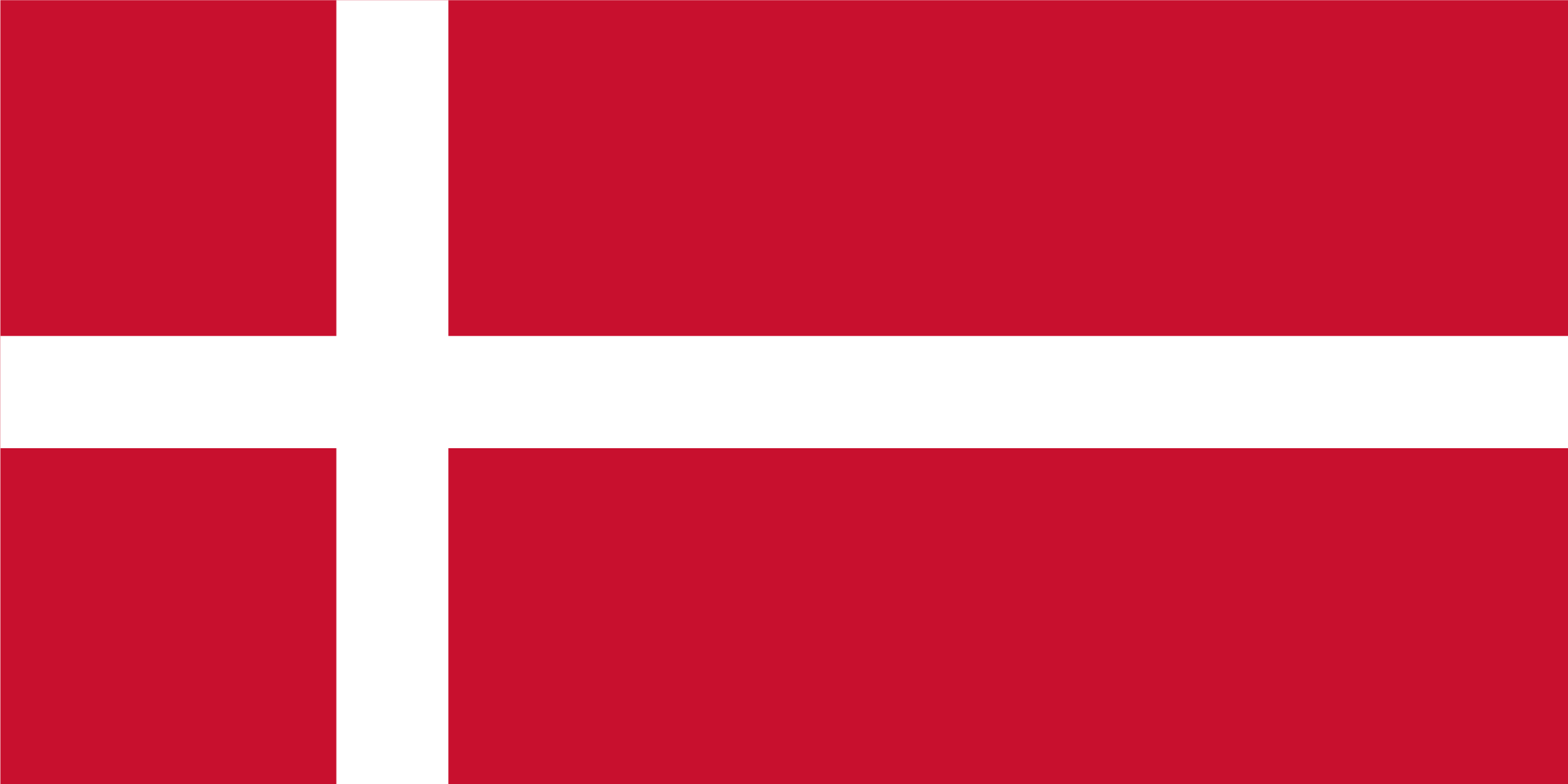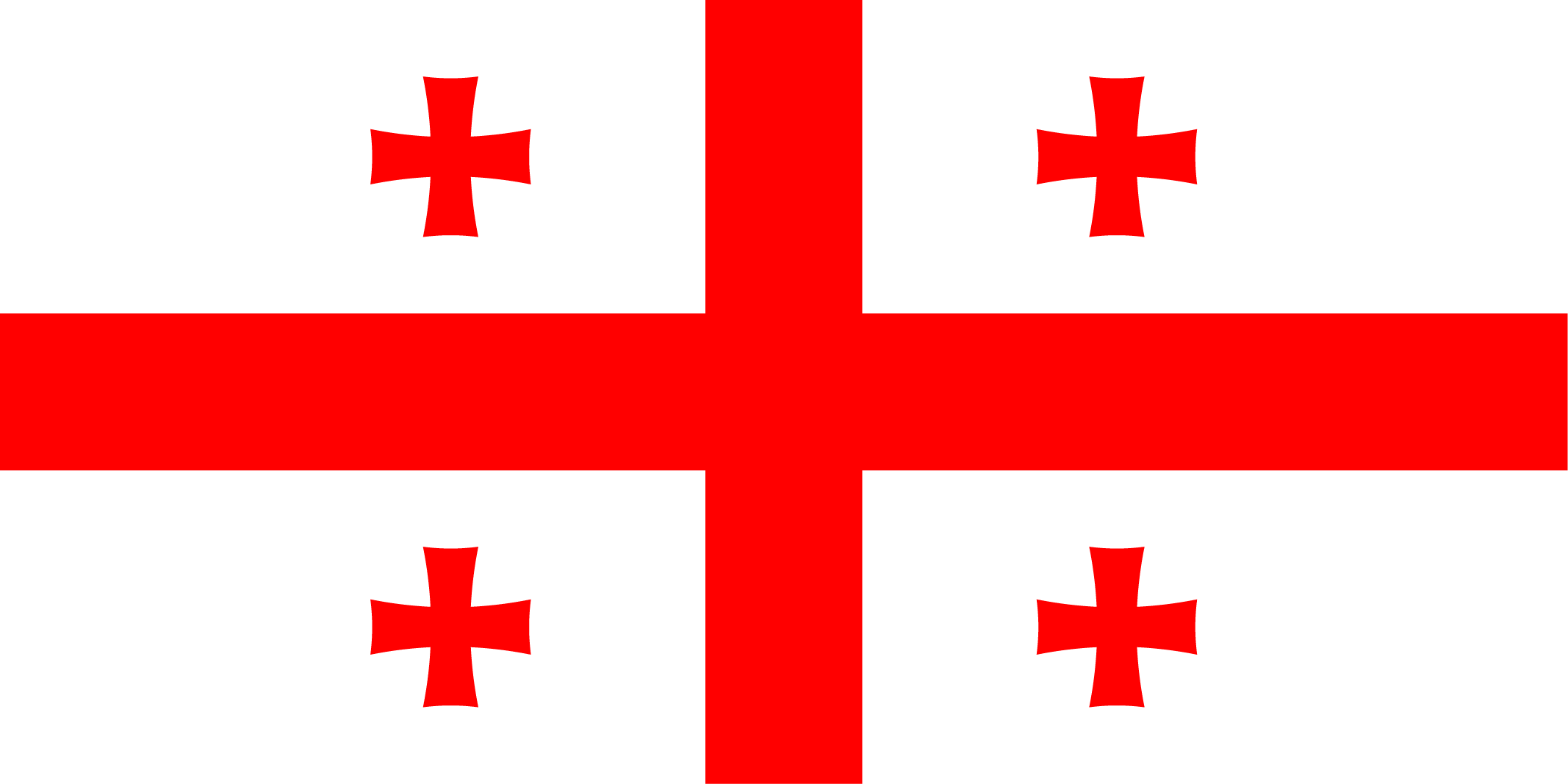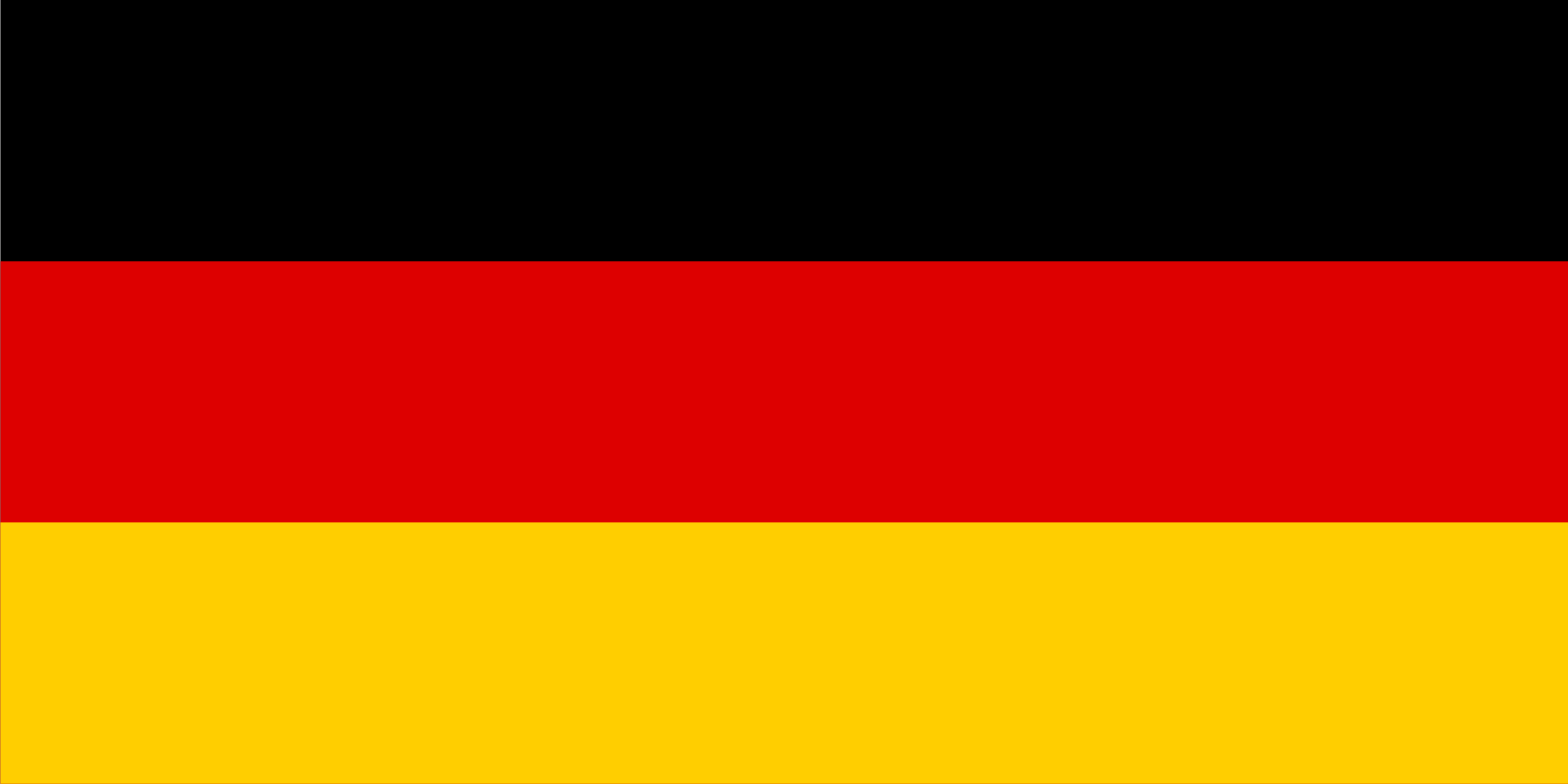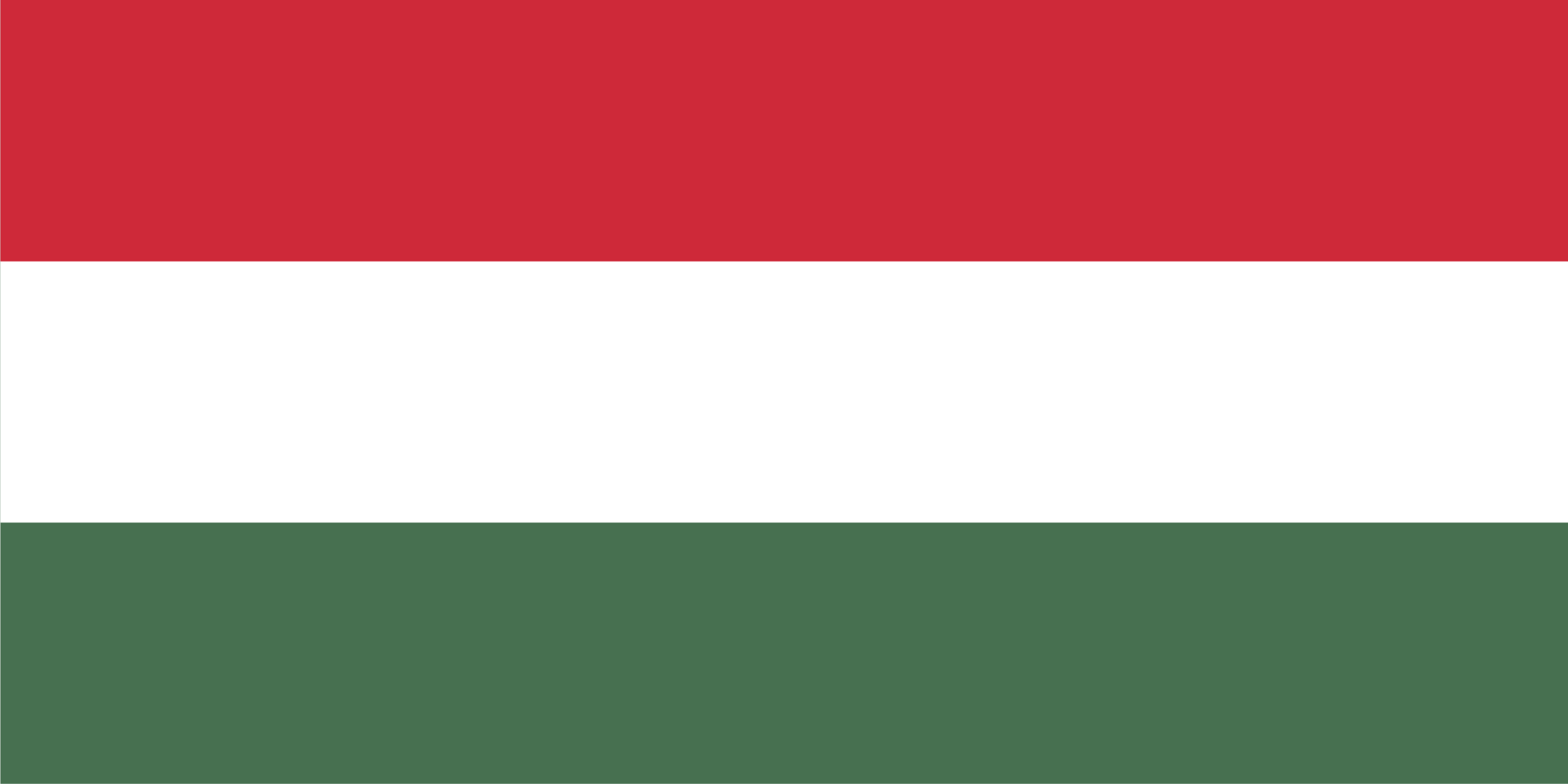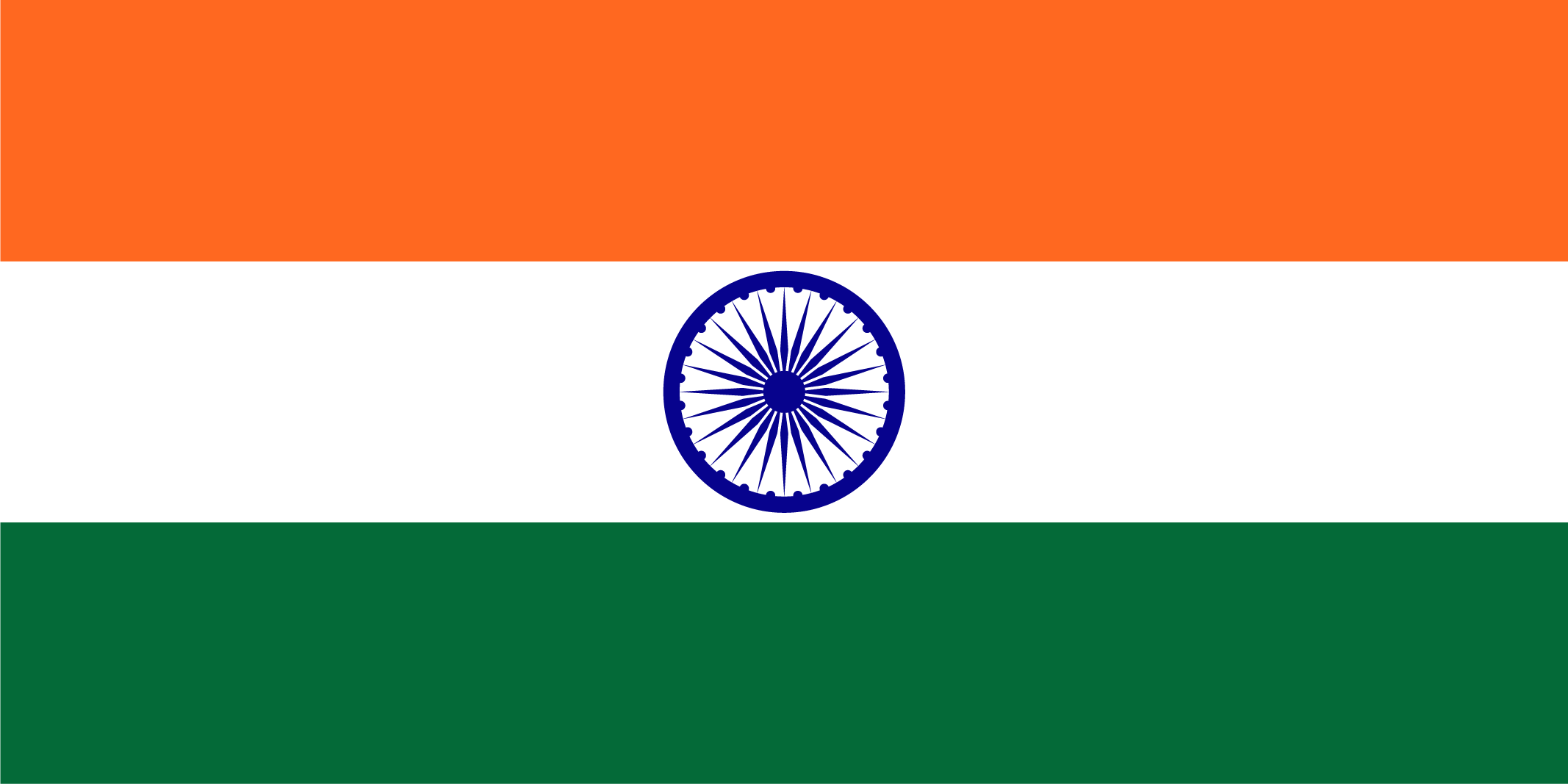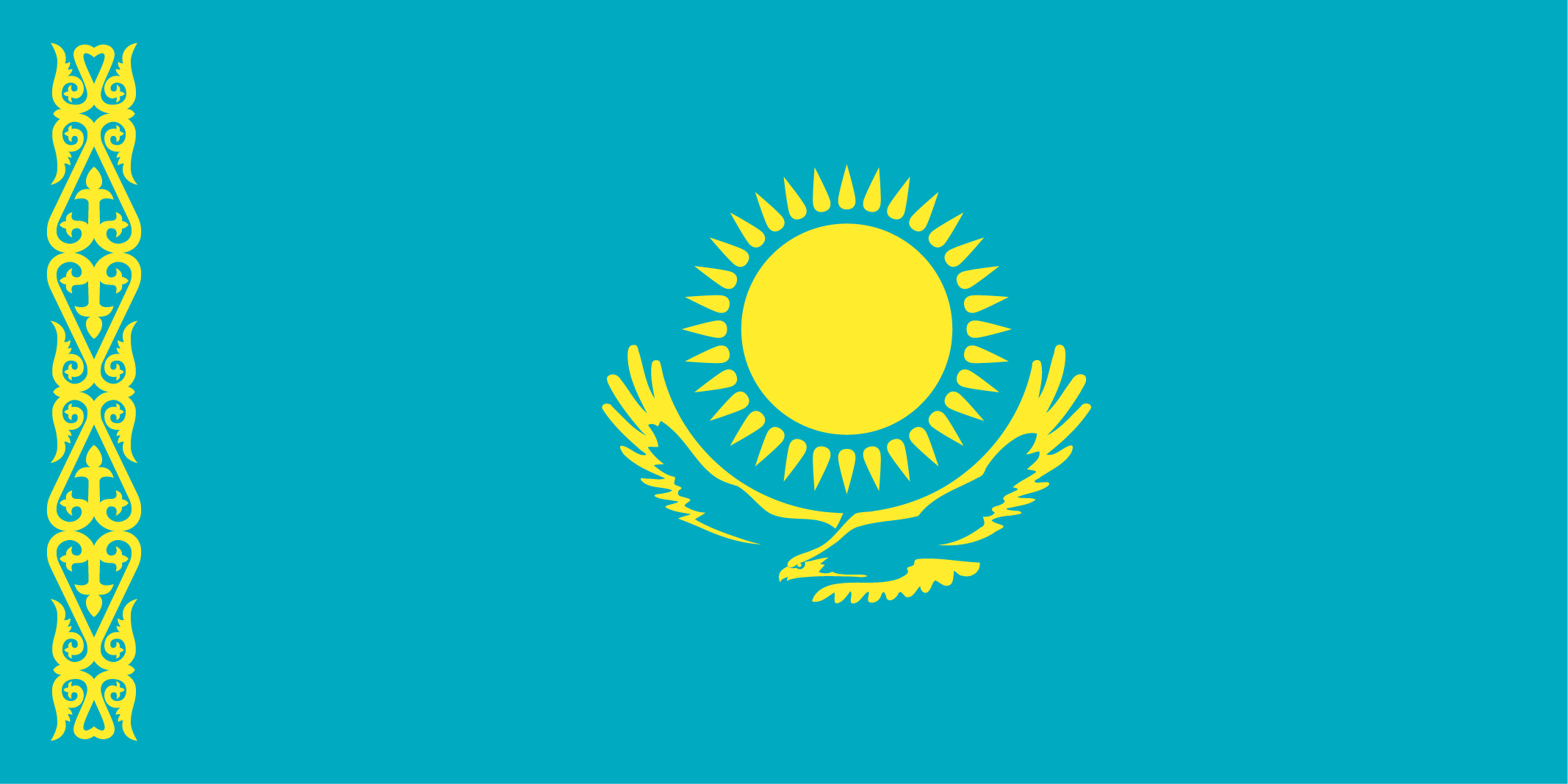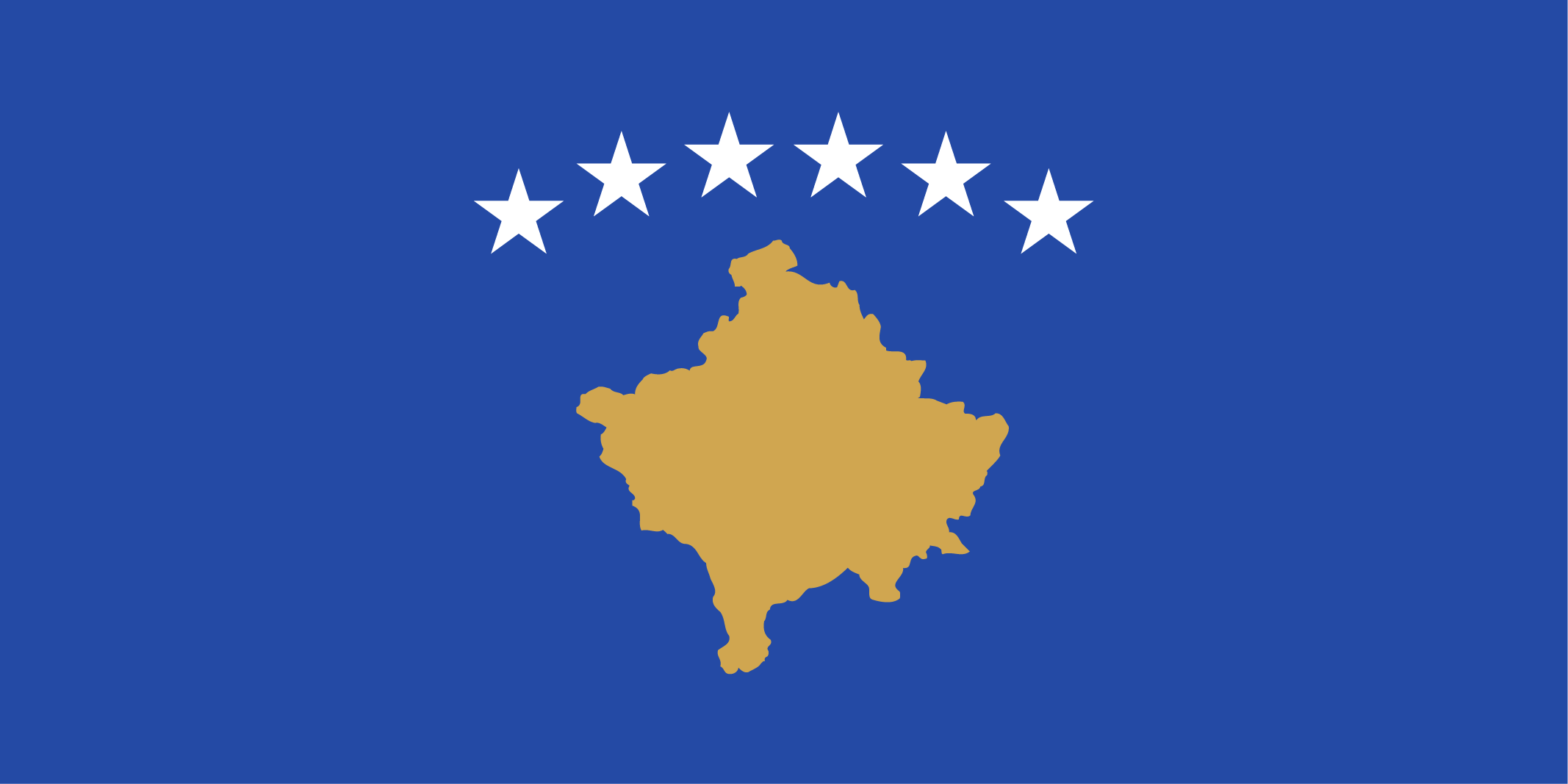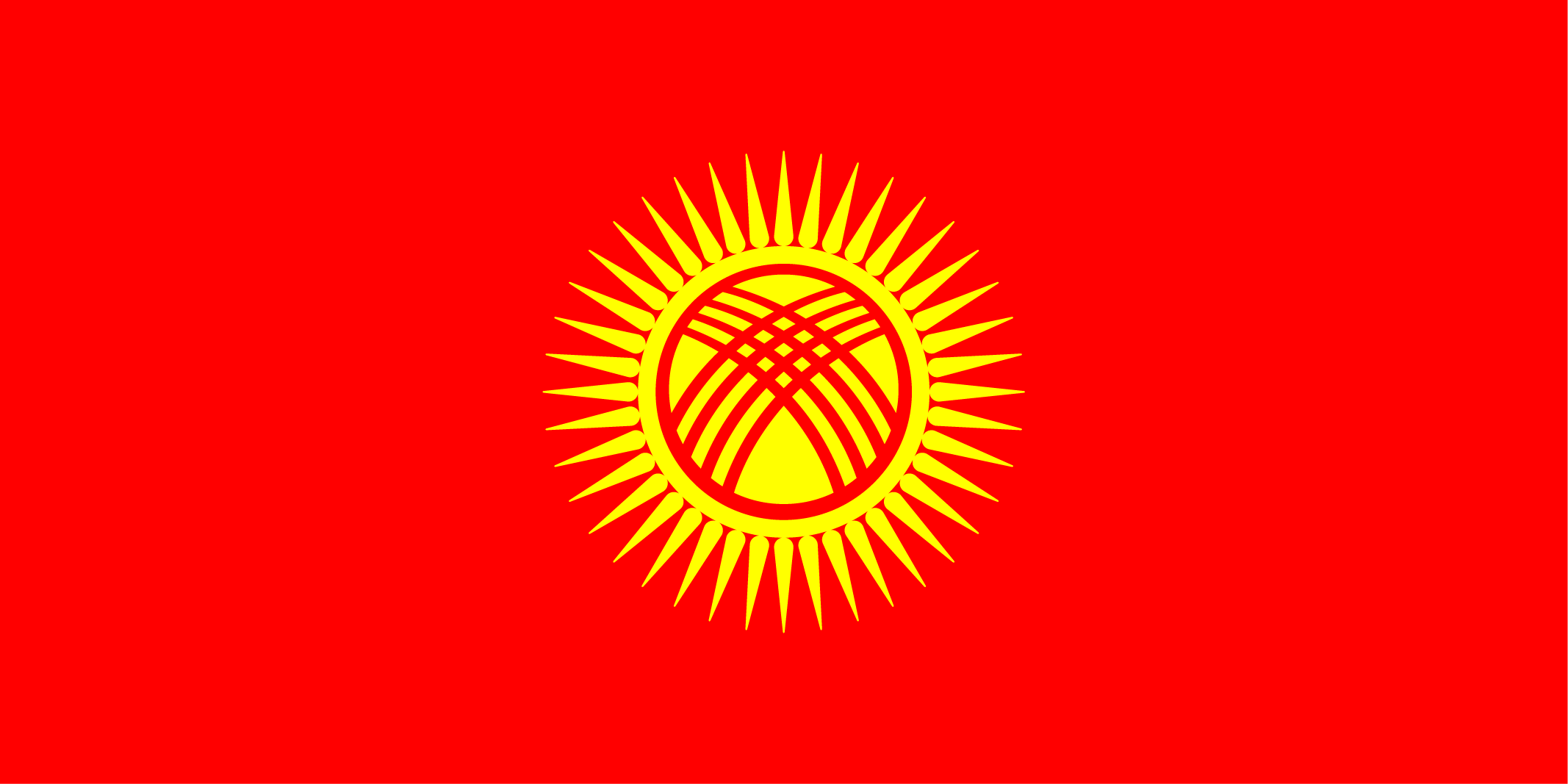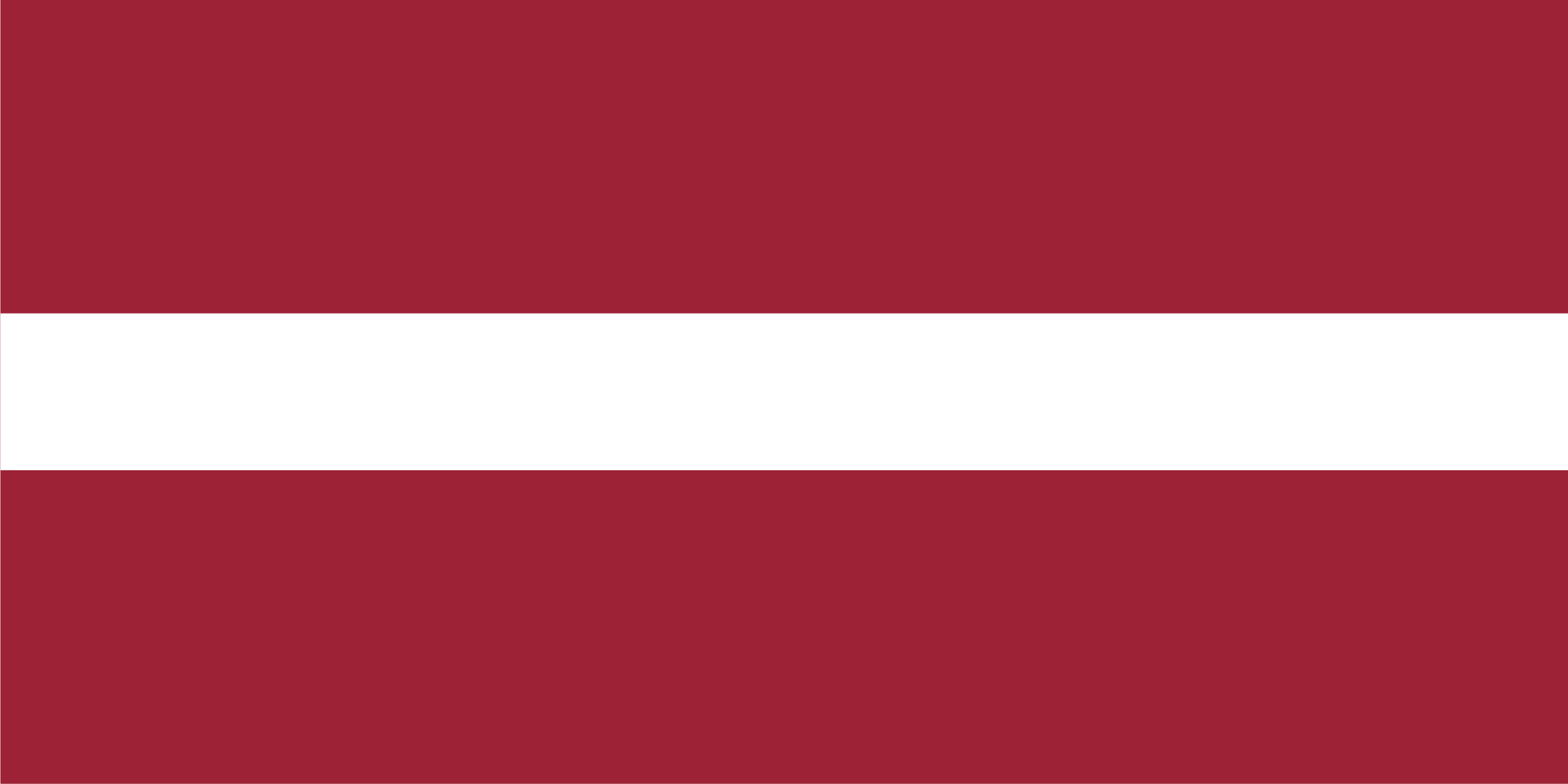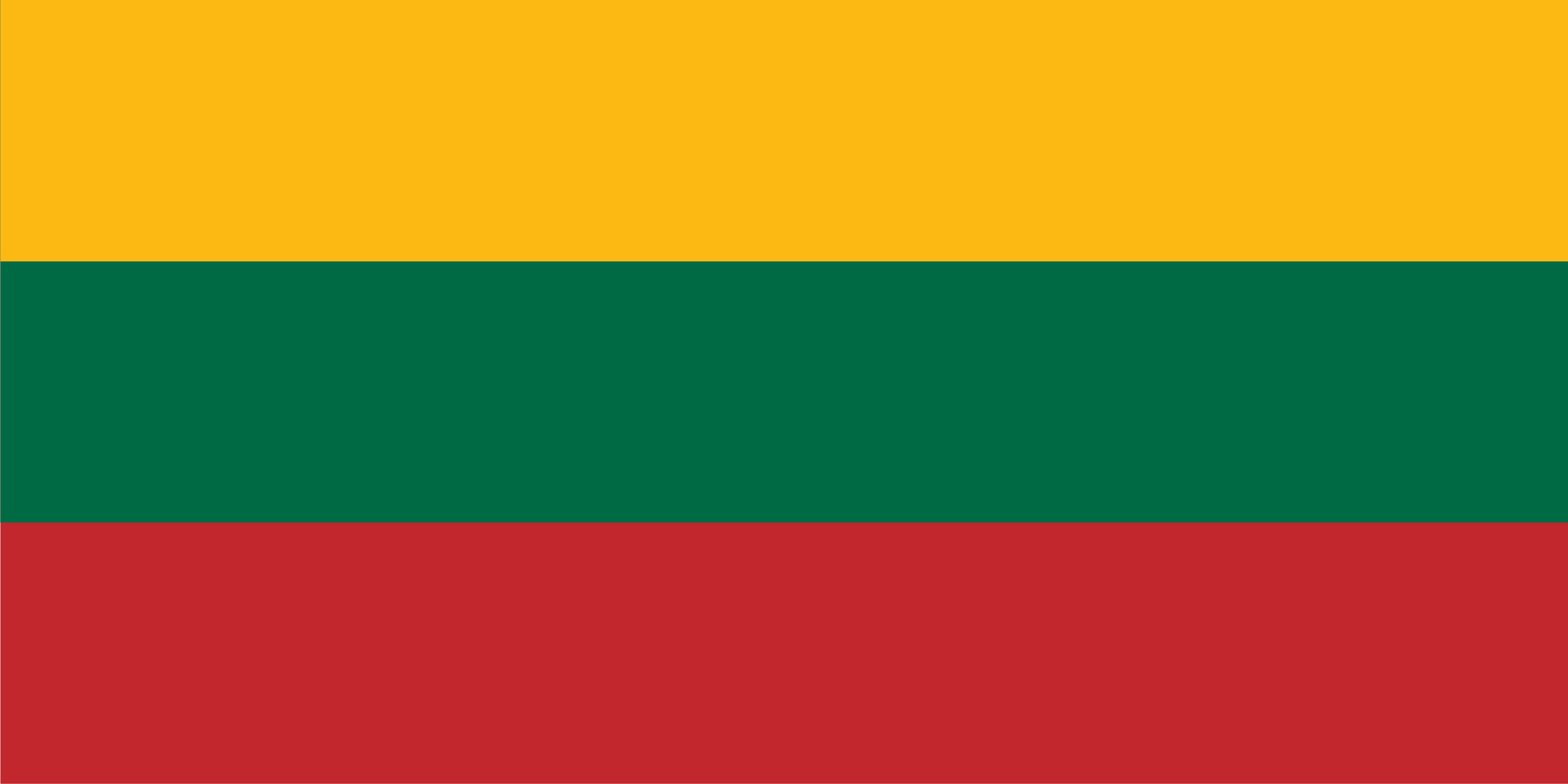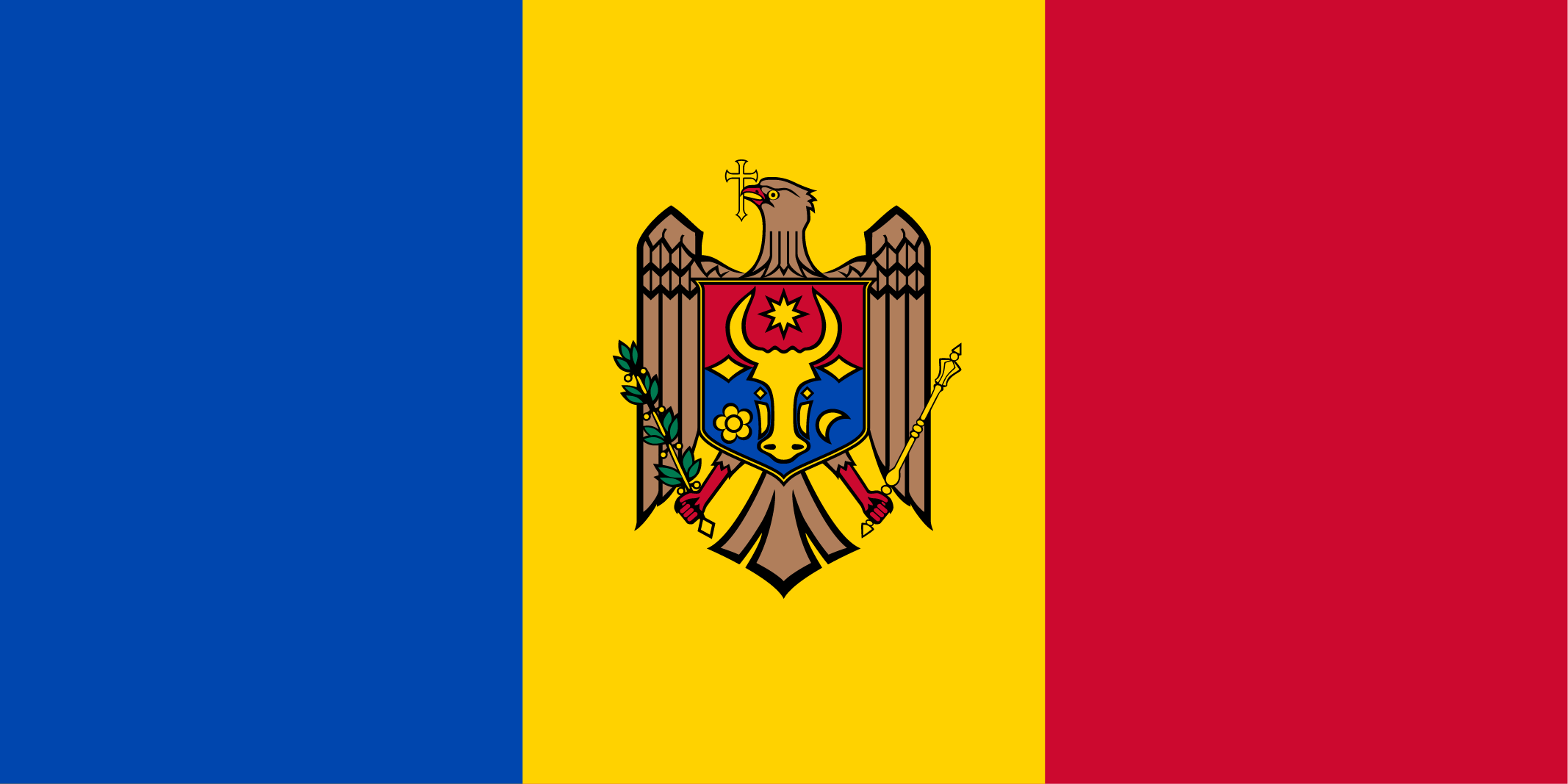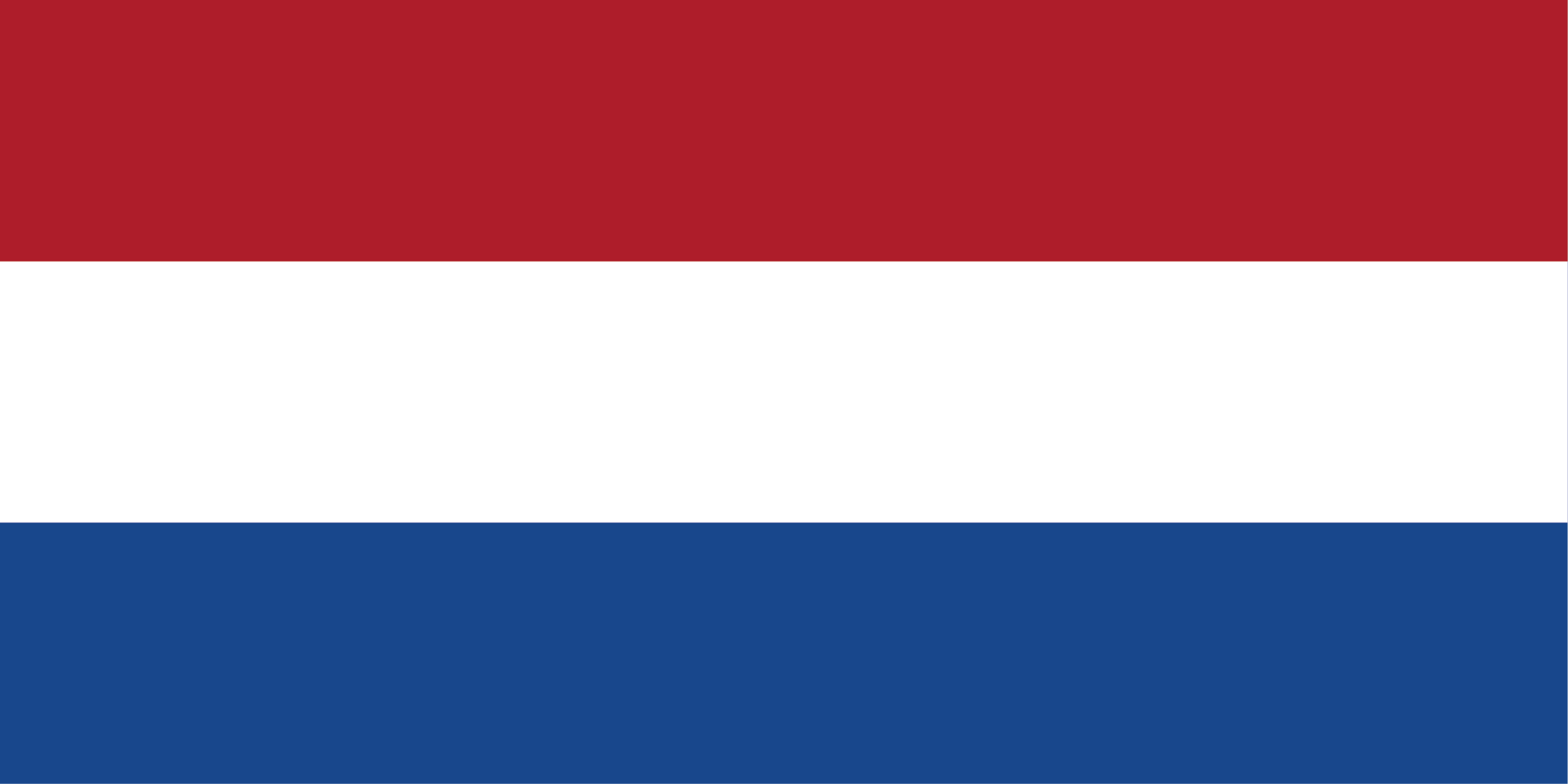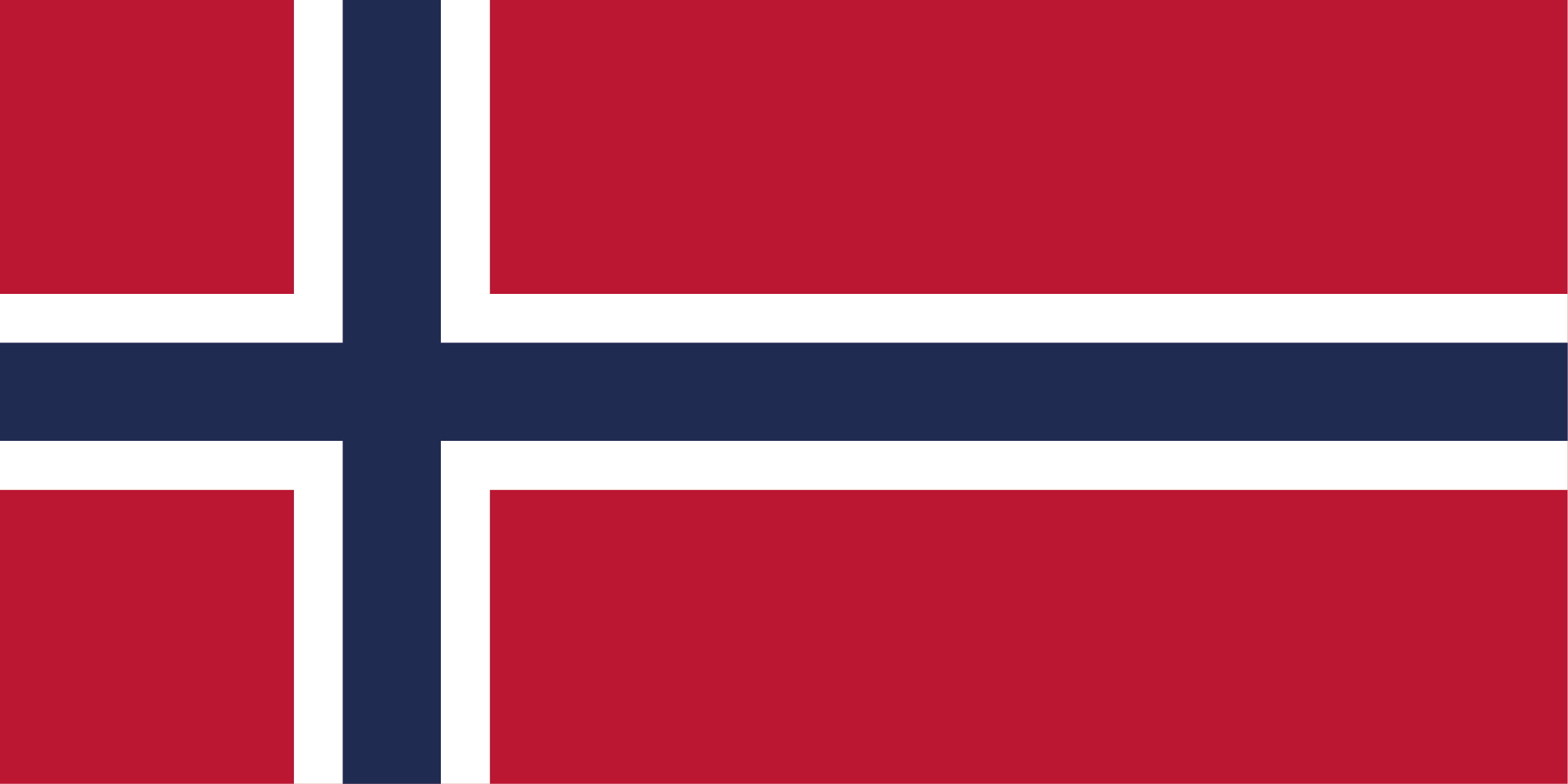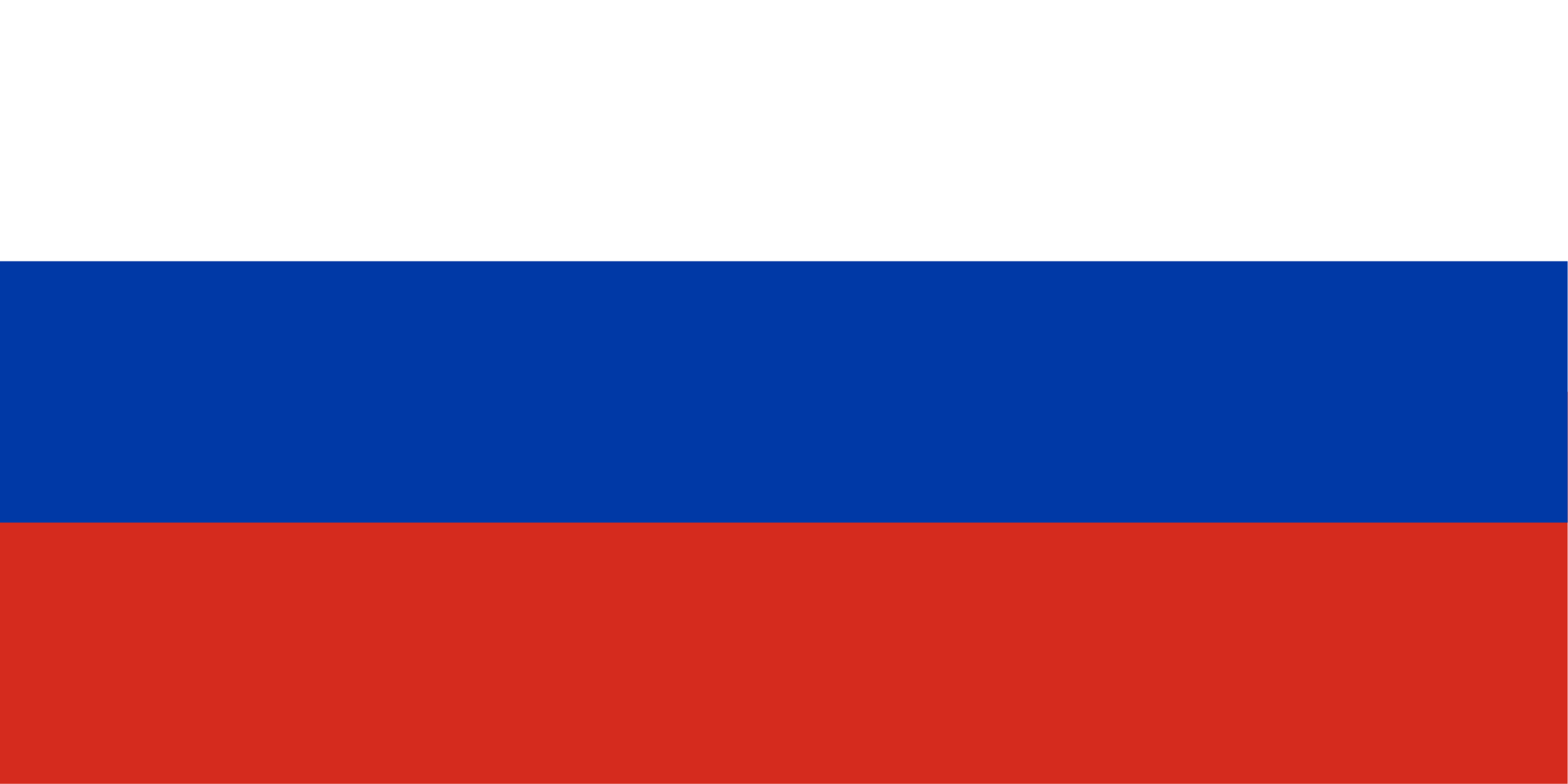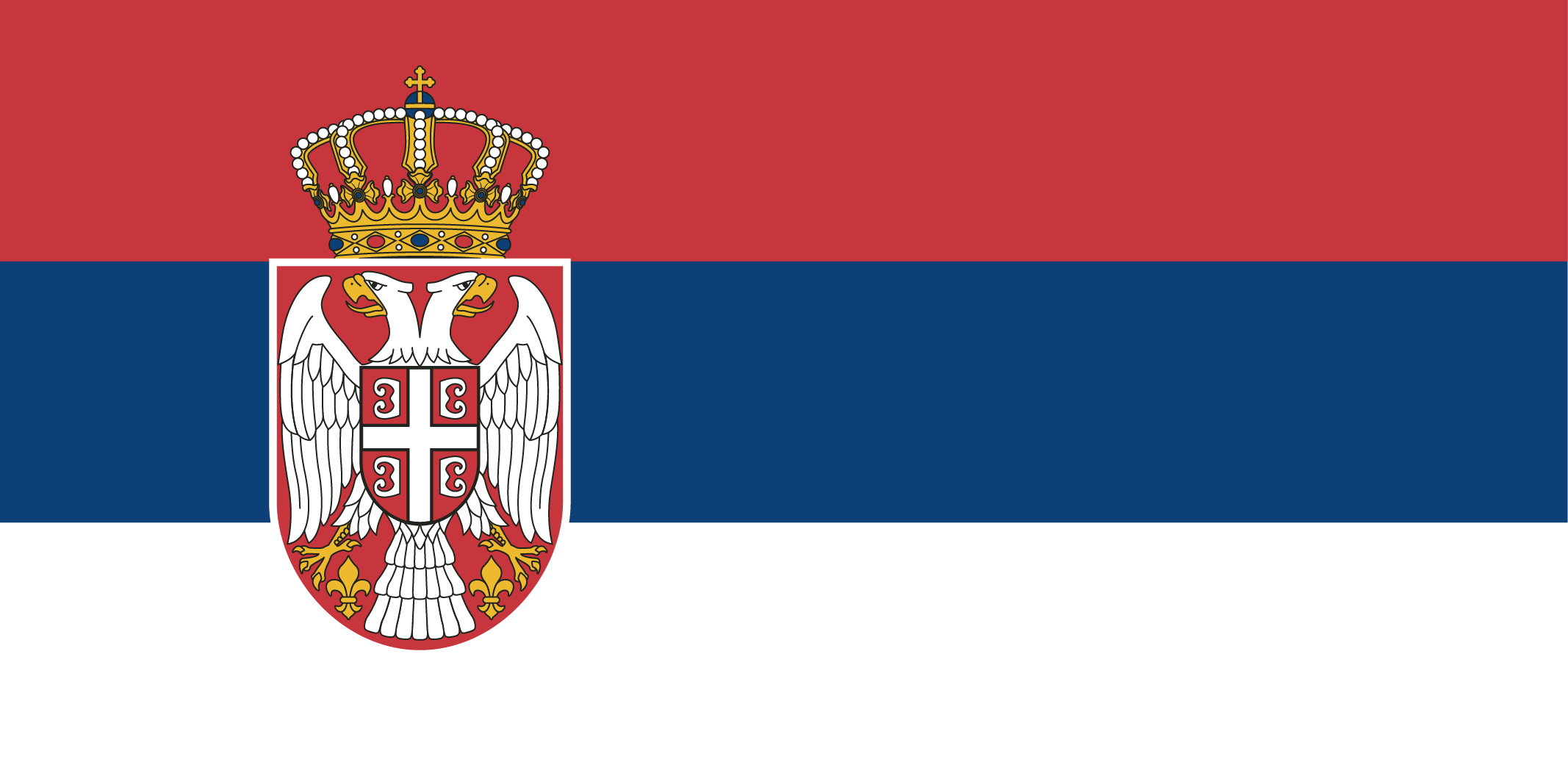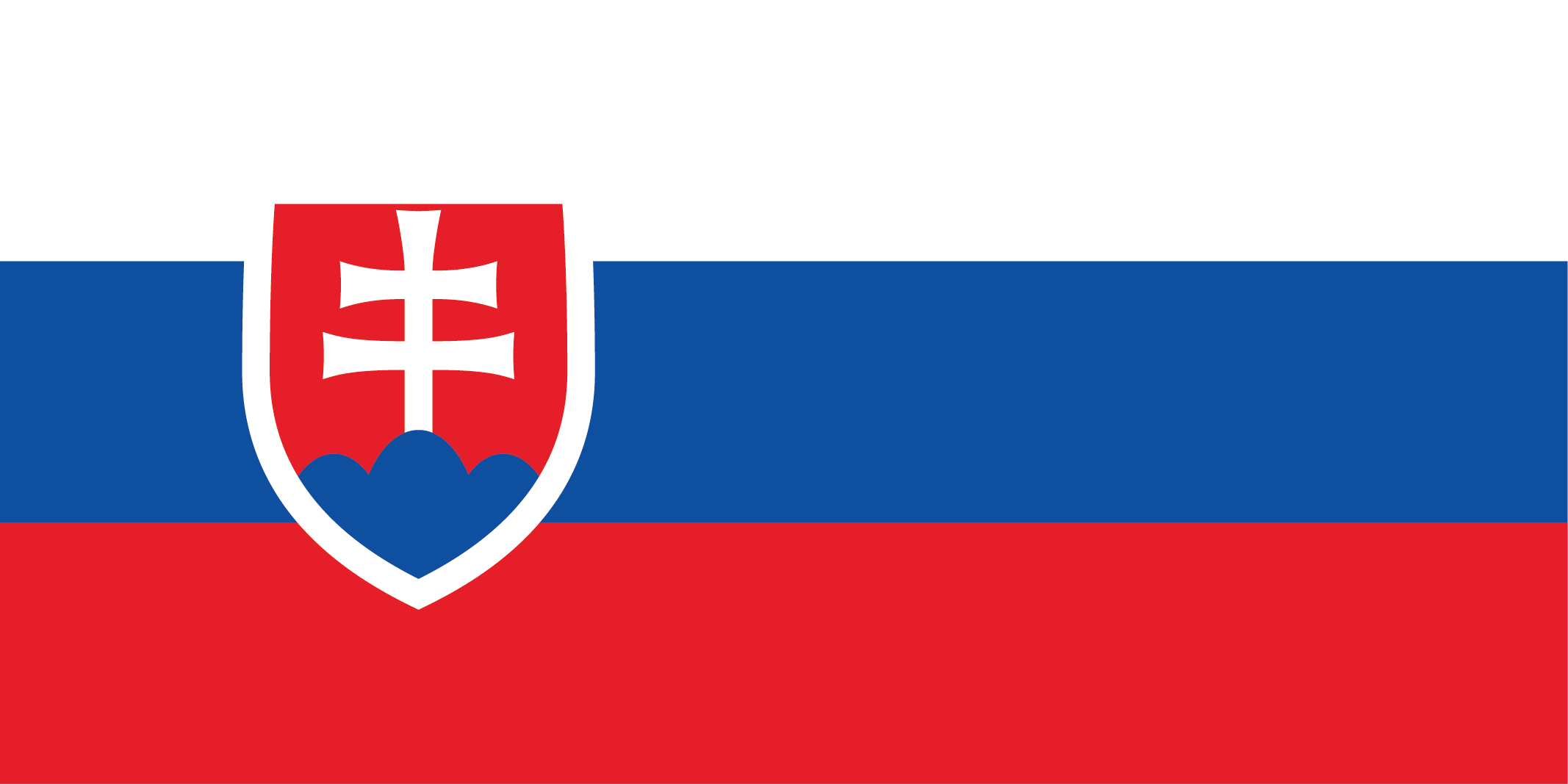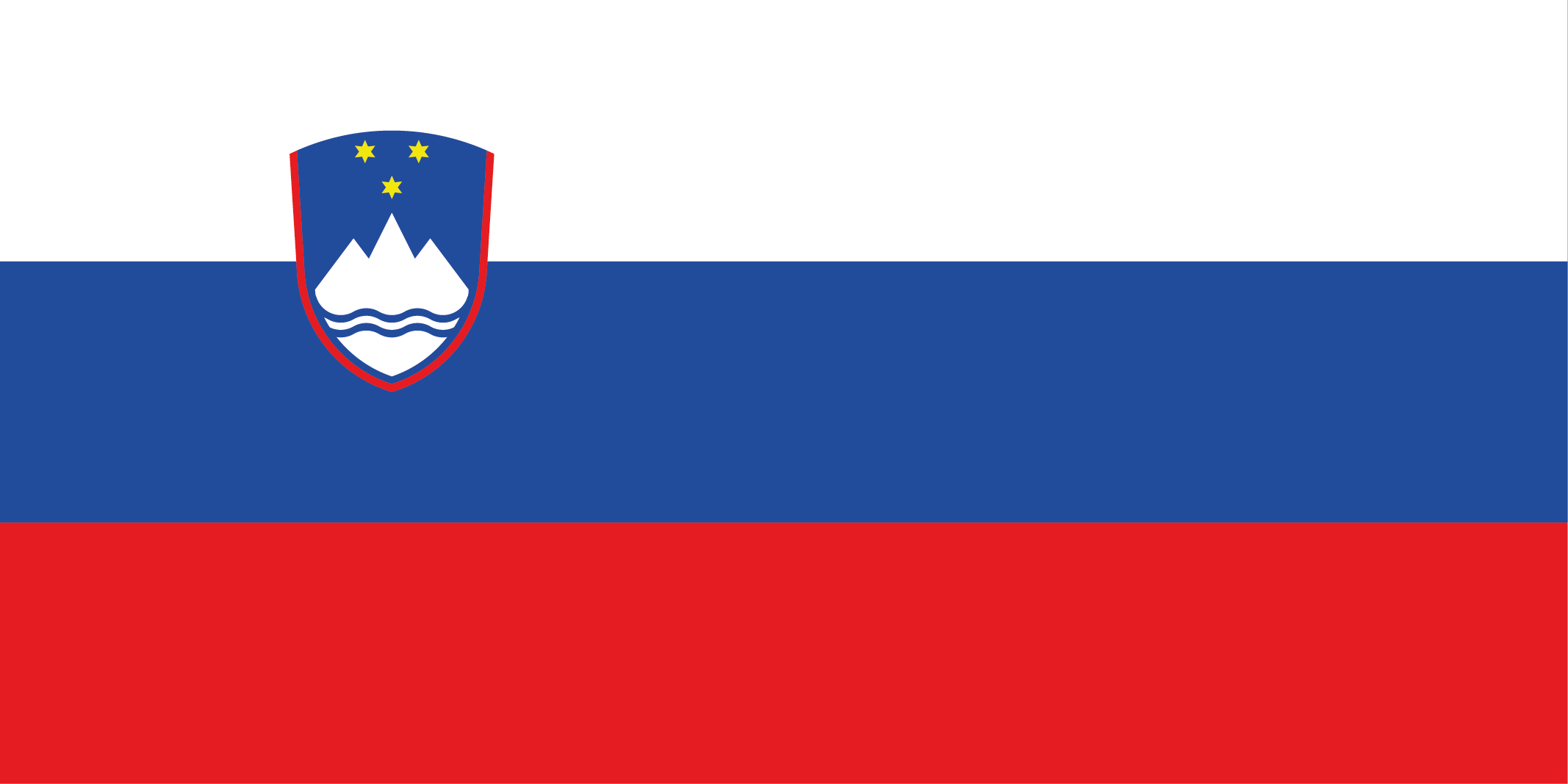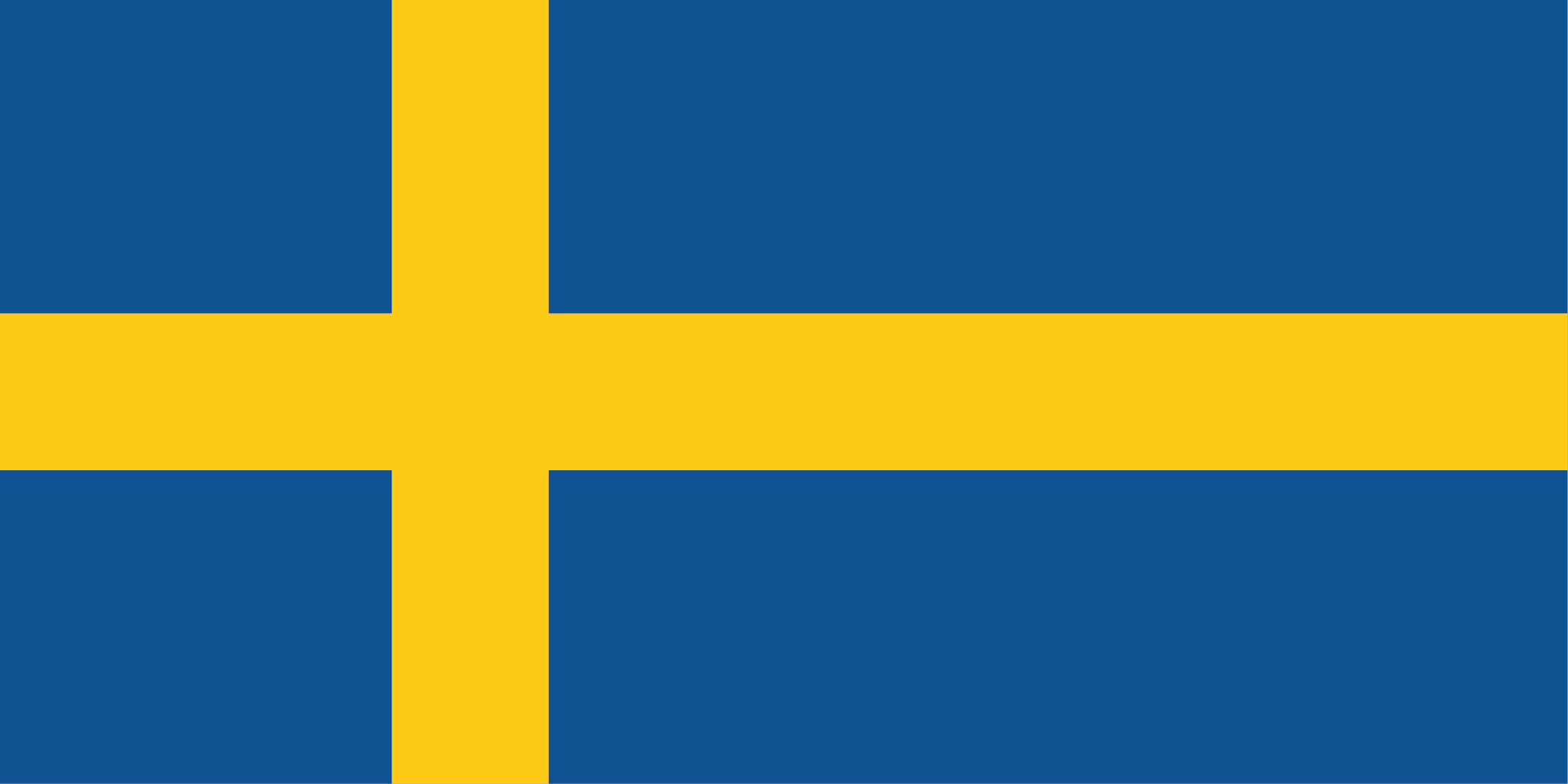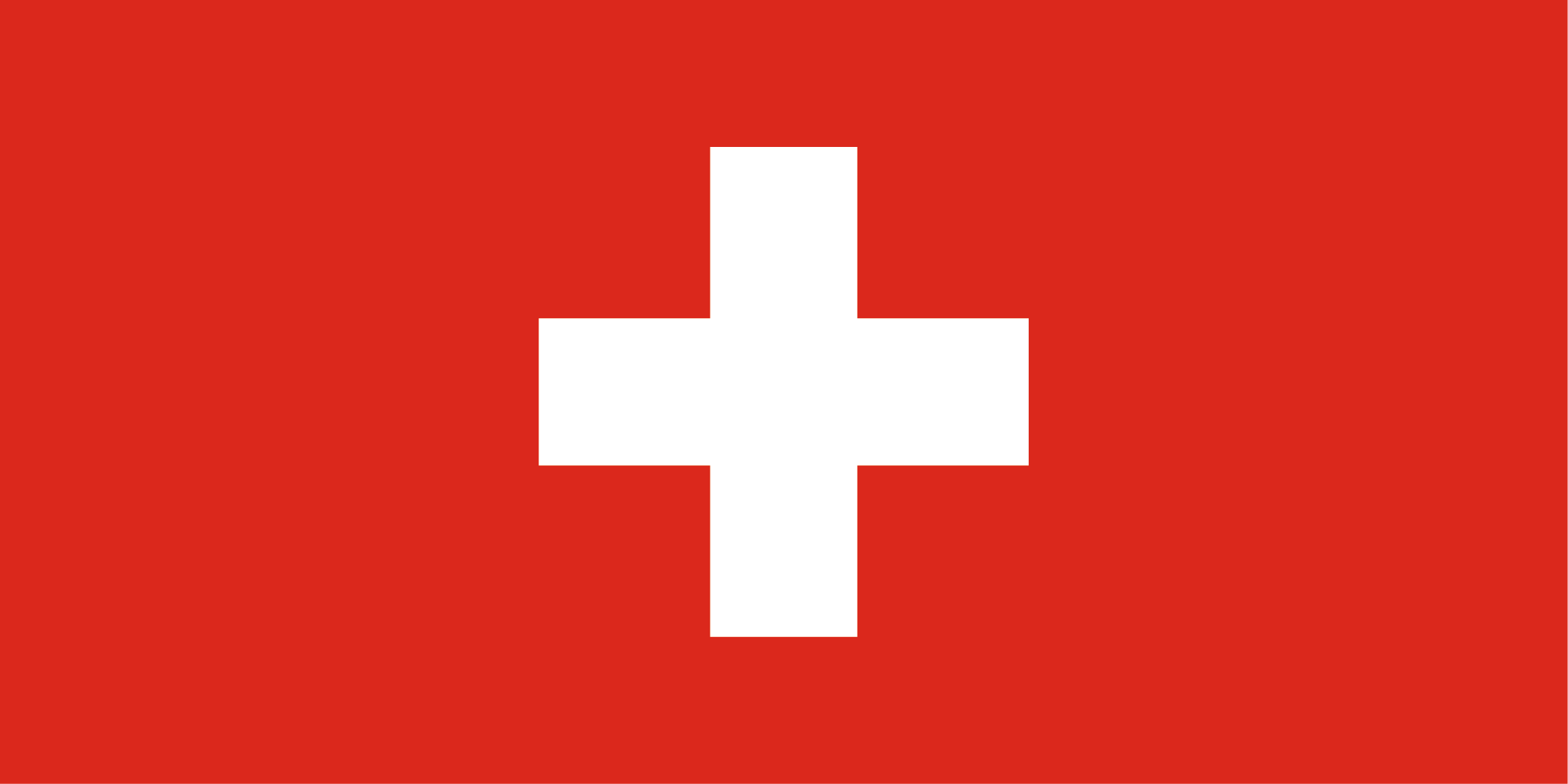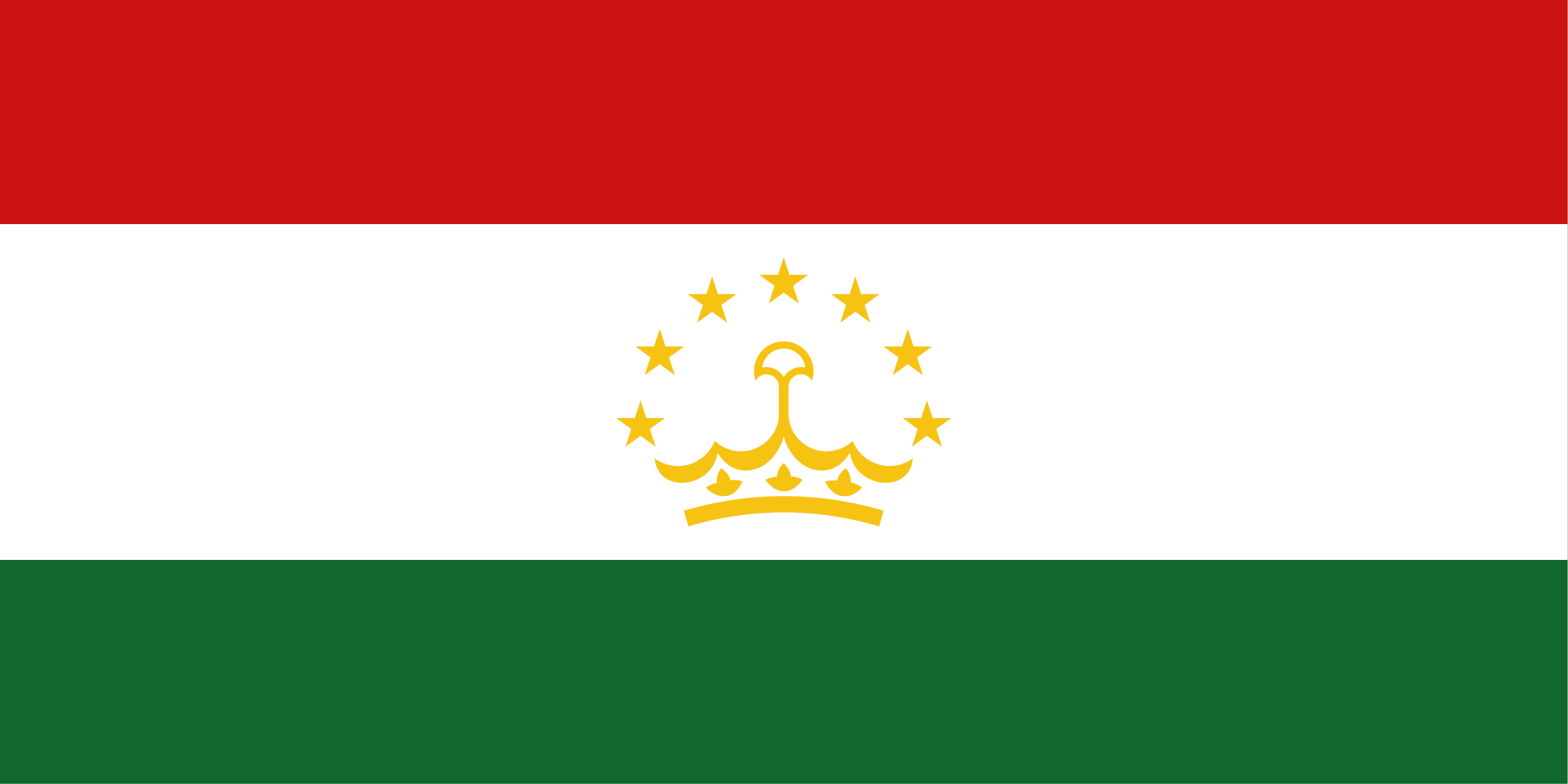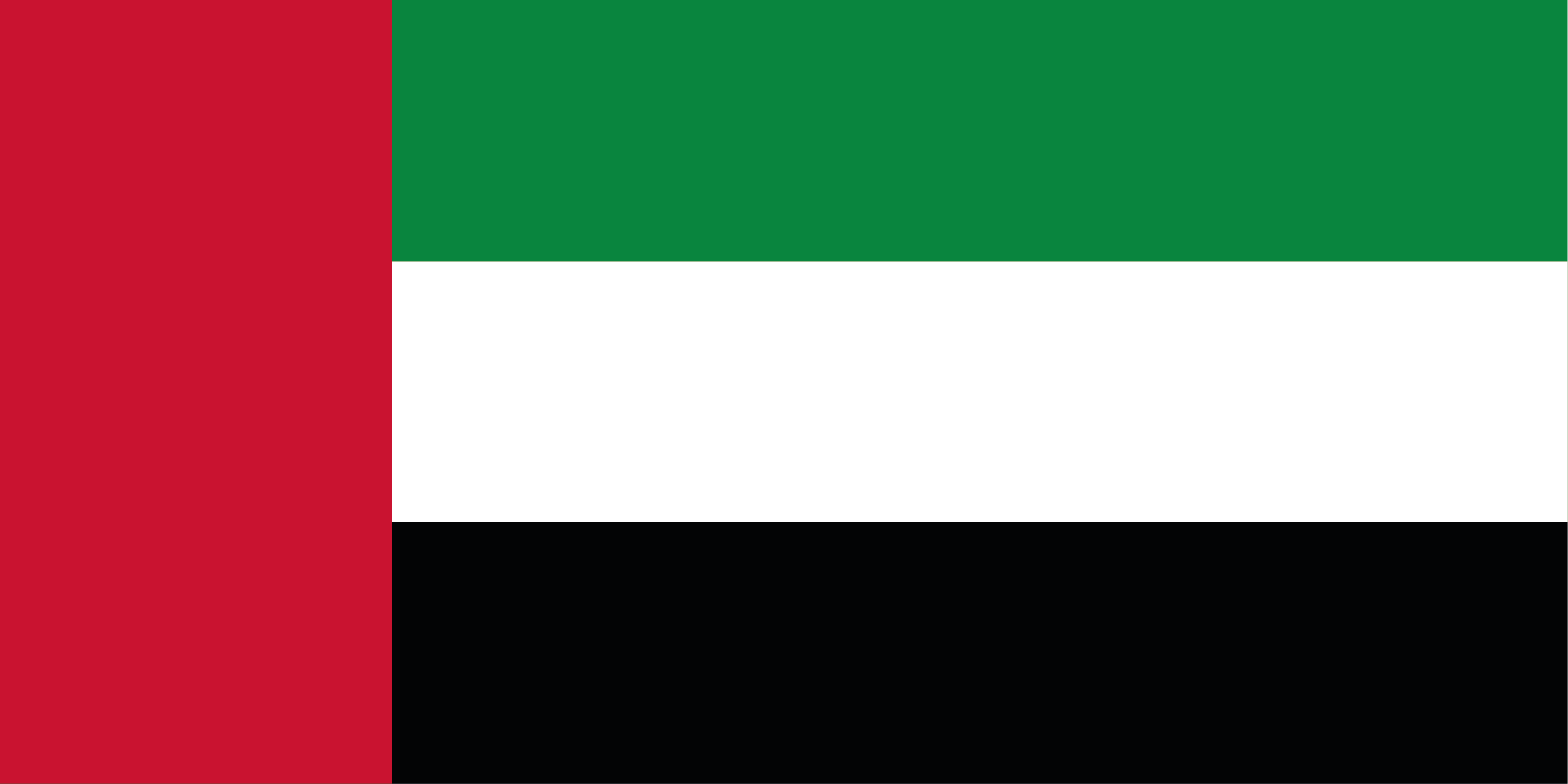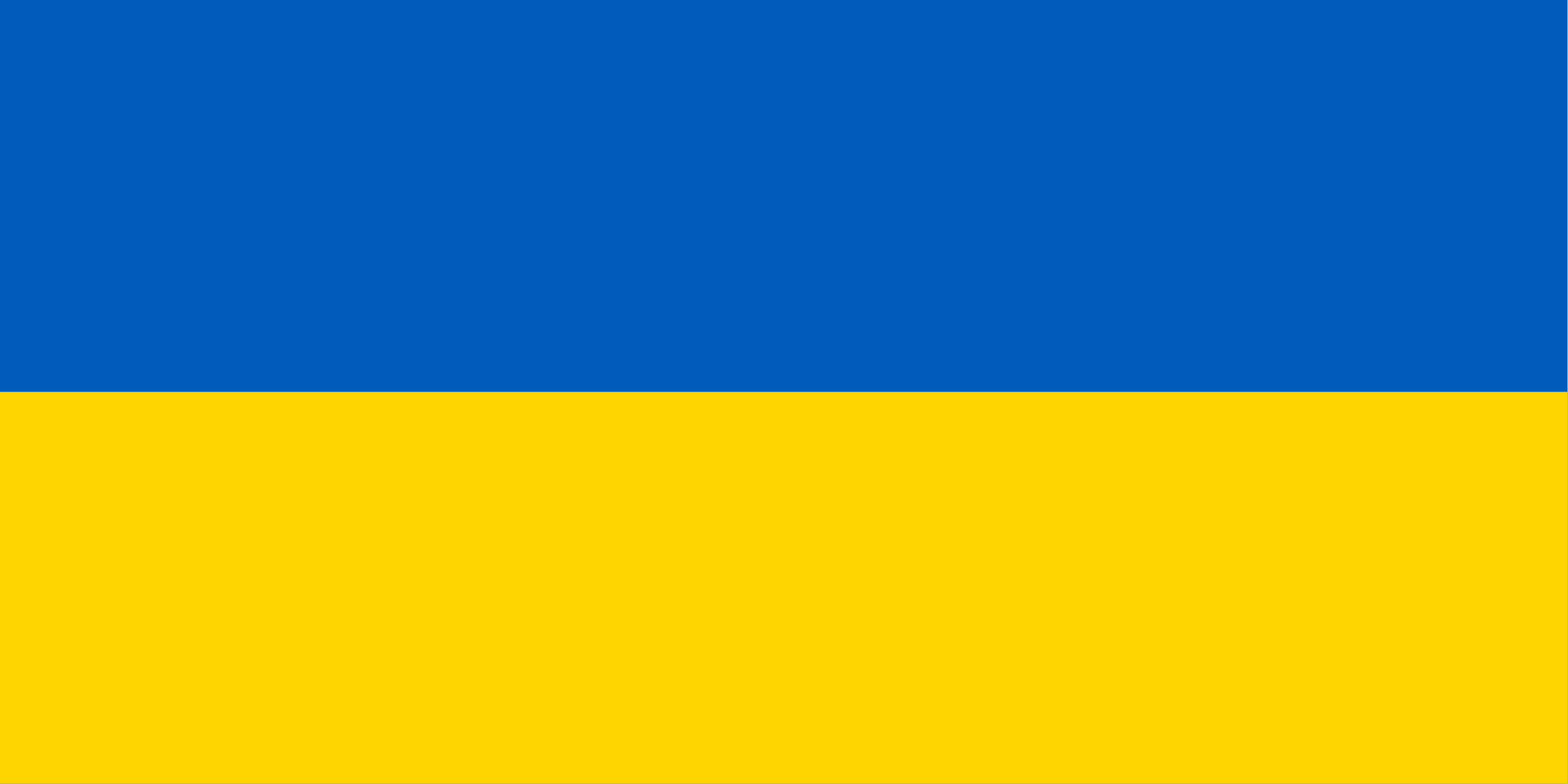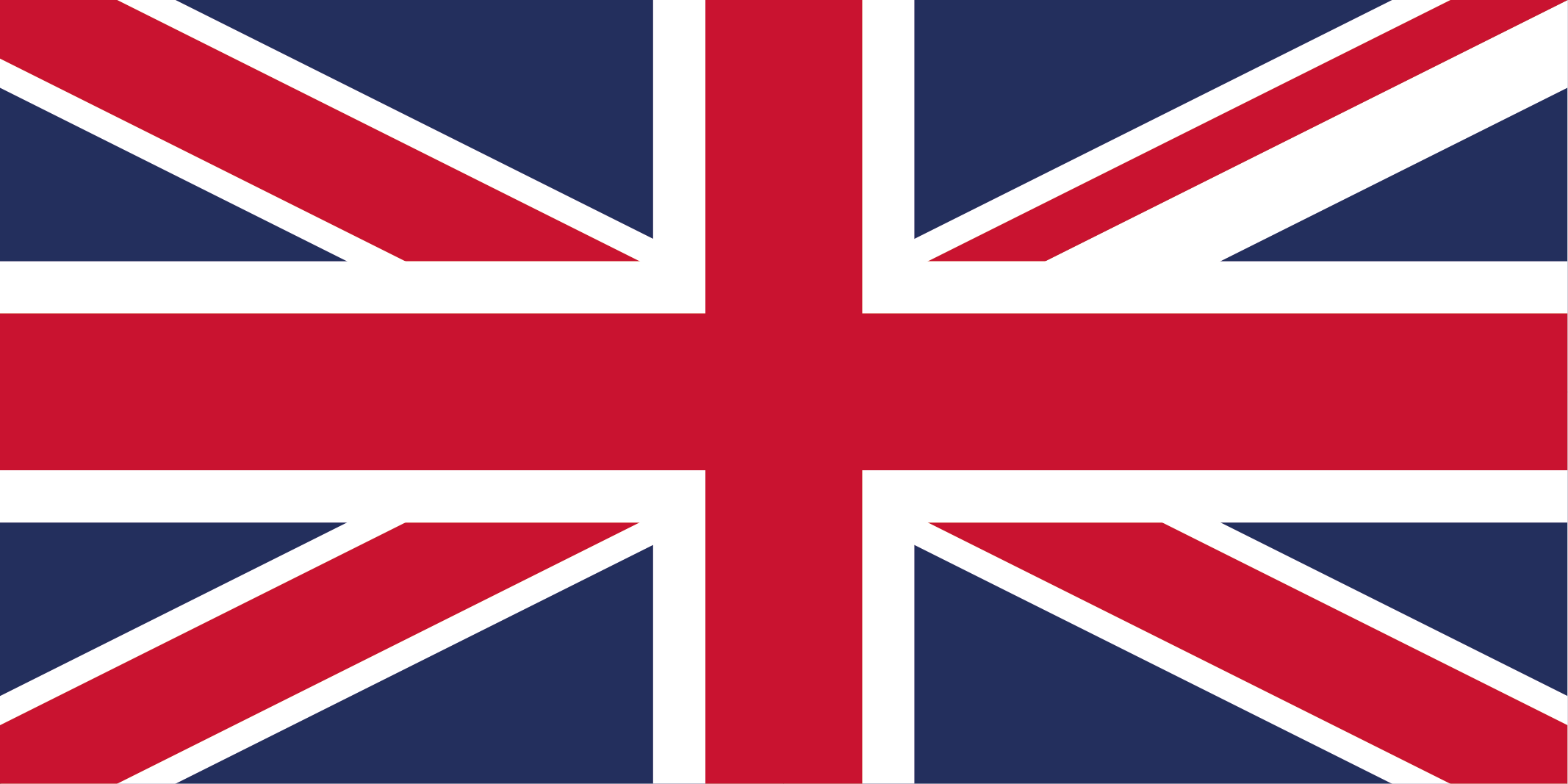Transporting the Deceased from Poland
What to Do if a Person Dies Abroad
Dealing with the death of a loved one outside of one’s homeland is always a profound emotional blow. In such moments, it is important not only to cope with the loss but also to properly organize the process of returning the body. If transportation of the deceased from Poland is required, many factors need to be considered, including legal requirements and sanitary norms.
When is Transportation of the Body or Ashes Required
If death occurs abroad, a decision must be made regarding the return of the body. Transportation of the body may be necessary for humanitarian, religious, or family reasons. The transportation of ashes after cremation is also possible, which in some situations may turn out to be less costly and more convenient to arrange.
Necessary Documents for the Transportation of the Deceased
In order to arrange the transportation of the deceased, several documents need to be collected. These include: a medical certificate of death, a state-issued death certificate, a sanitary permit, and a certificate of embalming. Additionally, permission from the consulate for the export of the body and notarized translations of all documents will be required. Without adherence to these formalities, crossing the border is impossible.
Main Stages of Transporting the Body
Organizing the transportation of the deceased involves several key stages. First, contact a professional funeral service. Next, powers of attorney and permits are prepared, embalming is carried out, and the coffin is sealed. The next step is packing and arranging the sanitary documents. The final stage is transporting the body to the burial site across the national border.
Transporting an Urn with Ashes
Cremation can be a more practical solution. After obtaining all necessary documents and completing the cremation procedure, the urn with ashes is packed in accordance with international sanitary standards. A permit is also obtained for transportation, and the documents are notarized and translated into the language of the destination country.
Possibility of a Farewell Ceremony
Before sending the deceased, it is possible to organize a farewell. This can take place in a morgue, farewell hall, or church. If desired, the body can be dressed using provided ritual clothing. Such a farewell is important for family and close friends; it helps to complete an important emotional stage.
How to Submit Documents to the Consulate
Documents can be submitted in person, through an authorized representative, or by mail. Usually, the consulate processes the application within three working days. In case of refusal, an official response is provided, which can be appealed in accordance with established procedures.
What to Do for the Relatives of the Deceased
After receiving information about the death, it is important to contact the deceased's employer, notify friends and family, and ascertain the presence of a will. If the deceased was working or on a business trip, information about their residence and personal belongings that may be returned with the body is also important.
Why Independent Transportation is Impossible
According to current legislation, the transportation of bodies across borders must be carried out only by a licensed organization. Independent transportation is strictly prohibited. To carry out such a procedure, permits, a sanitary certificate, specialized transportation, and a hermetically sealed coffin are required.
Additional Ritual Services
Funeral homes also offer additional services, including storage of the body until transportation, exhumation, maintenance of the burial site, and assistance with insurance claims. All actions are carried out in accordance with the law and with full respect for the memory of the deceased.
Why You Should Contact a Specialized Agency
Experience, licenses, and the availability of all necessary infrastructure make professional funeral services a reliable partner in difficult times. They provide 24/7 support, professionalism, attention to detail, and respect for traditions, ensuring confidence in every aspect of organizing transportation.
Frequently Asked Questions
- Is it possible to ride in a car with the body? — No, transporting passengers along with a body is prohibited.
- Can personal belongings of the deceased be retrieved? — Yes, with access from the relevant authorities.
- How long does transportation take? — From two to seven working days, depending on circumstances and documents.
- Is it possible to organize a farewell? — Yes, this is possible in ritual halls, morgues, or religious institutions.






